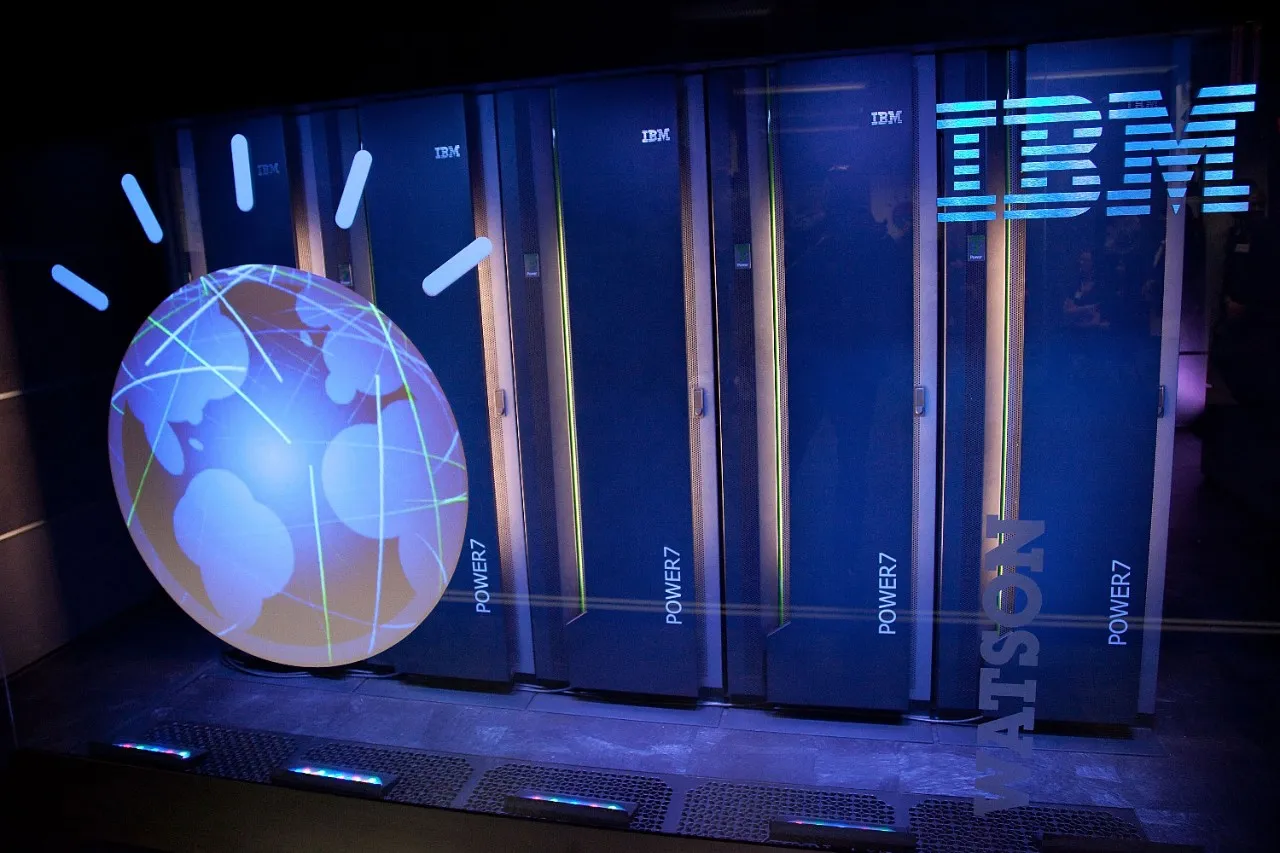IBM signed an alliance with CVS Caremark, one of the large pharmacy chains in the United States, with the purpose of developing data based on diabetes related to diabetes and other chronic ailments.
An aspect of this agreement is the planned integration of ´inteligent devices', media issue where there are.The medical director of CVS has said that one of the objectives of collaboration with IBM is “to check if the activity levels of a patient from a tracker device - expressly cited Fitbit, the most popular - could help us identify the risk of deteriorationof your health.
The matter raises delicate ethical issues: although the connection of a patient's wearable with his doctor could help a better monitoring, the possibility that the data will reach an insurance company would have serious consequences.
This may seem like a premature remilge, because the IBM/CVs agreement is incipient, but reveals one of the problems with which the enthusiasm for the capture of medical data will stumble: it will have to be defined what is and is not deprived in access toA medical history.
Abundant in its alliance strategy, IBM has other signed with Johnson & Amp;Johnson to customize the analytical tests, and with Medtronic for the development of insulin dose management algorithms to diabetic patients.
This without forgetting that the health parameters monitoring software on iOS S devices one of the land on which IBM has agreed with Apple.
With these alliances, IBM plans to use Watson to analyze the available databases and offer better diagnostic abilities in the field of health.
The circumstances that led to Watson's development date back to the victory of the Deep Blue computer over Gari Kaspárov, a great international chess teacher, on May 11, 1997. Since then, IBM was in search of a new challenge, and in 2004, Charles Lickel, IBM's research manager, had found one when he saw the winning streak of Ken Jennings in Jeopardy!while having dinner at a restaurant with their co -workers.
Watson is an artificial intelligence computer system that is capable of answering questions formulated in natural language, [1] developed by the American IBM corporation.It is part of the Deepqa research team project, led by principal researcher David Ferrucci.Bears his name in honor of the founder and first president of IBM, Thomas J. Watson. [2][3]
Watson answers the questions thanks to a database stored locally. [4]The information contained in this database comes from many sources, including encyclopedias, dictionaries, thesaurus, news articles, and literary works, as well as external databases, taxonomies, and ontologies (specifically dbpedia, wordnet, and Yago). [5]
Over three days in February 2011, to prove their real capabilities, he participated in a special game of two games in the American television contest Jeopardy!, Defeating his two human opponents: Brad Rutter, the largest money winner inThe whole history of the program, and Ken Jennings, the owner of the record for the longest streak of championships (after winning 75 games).


